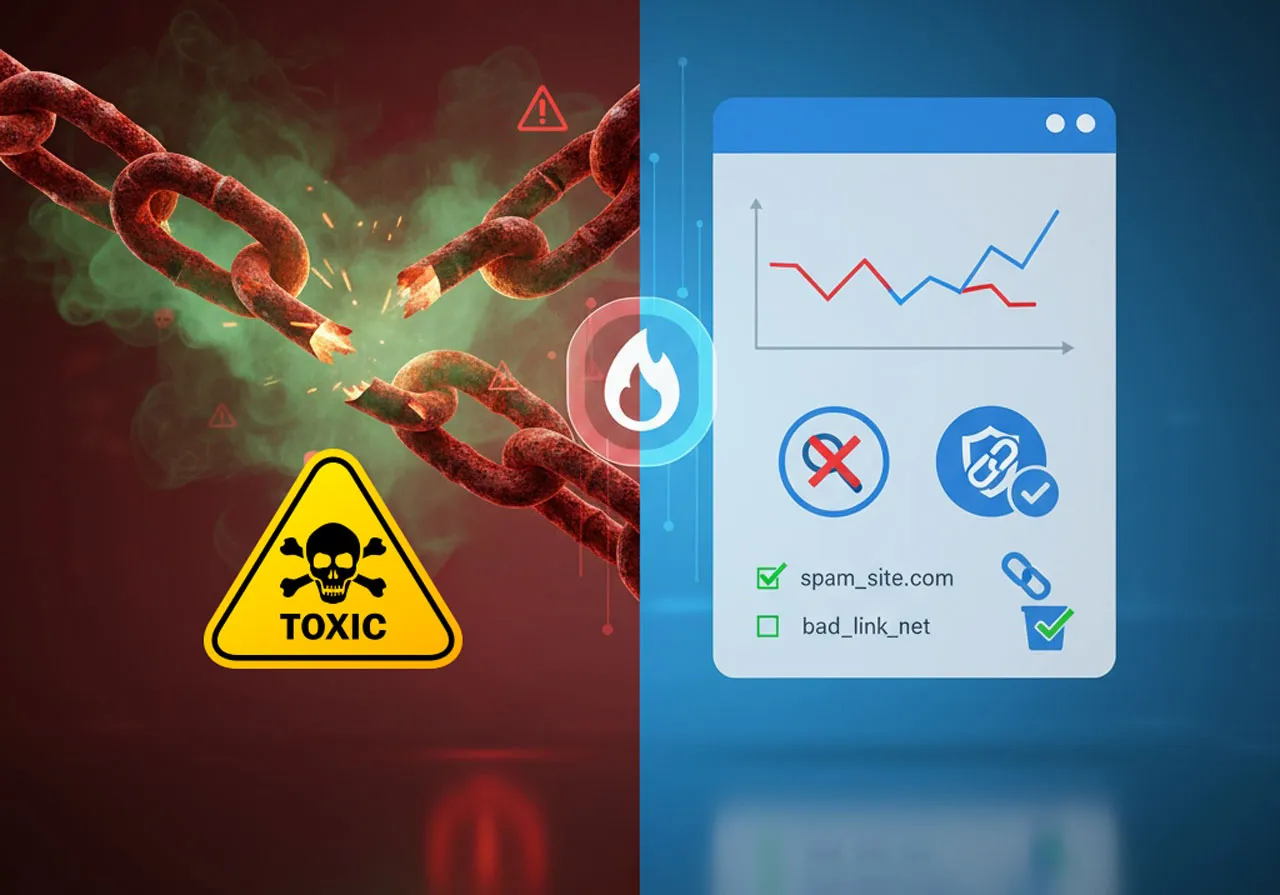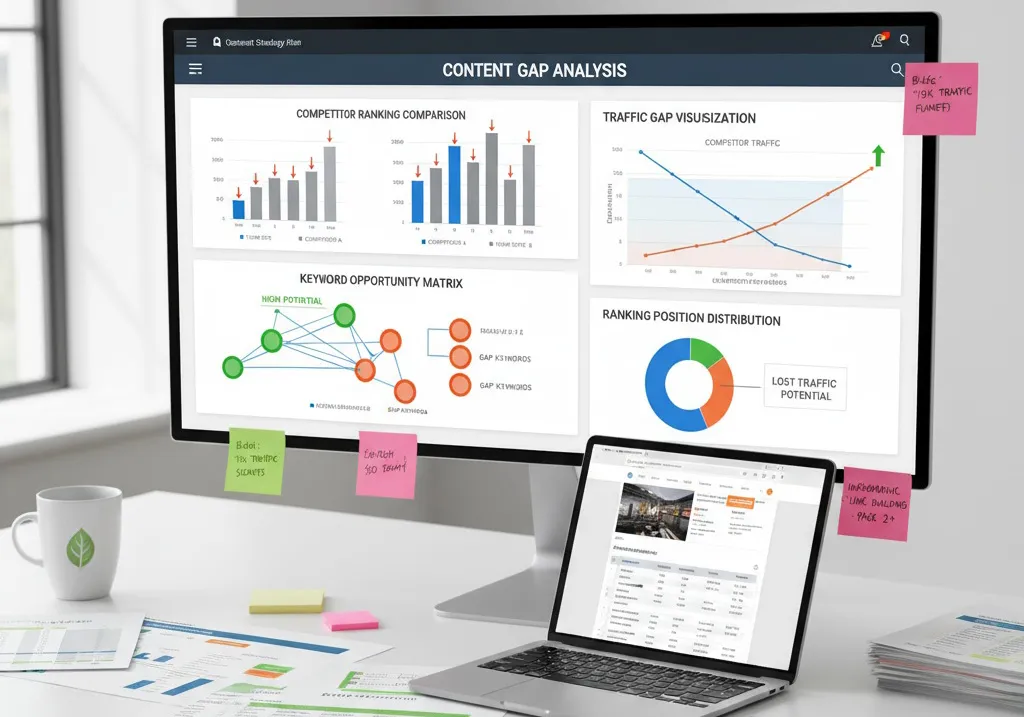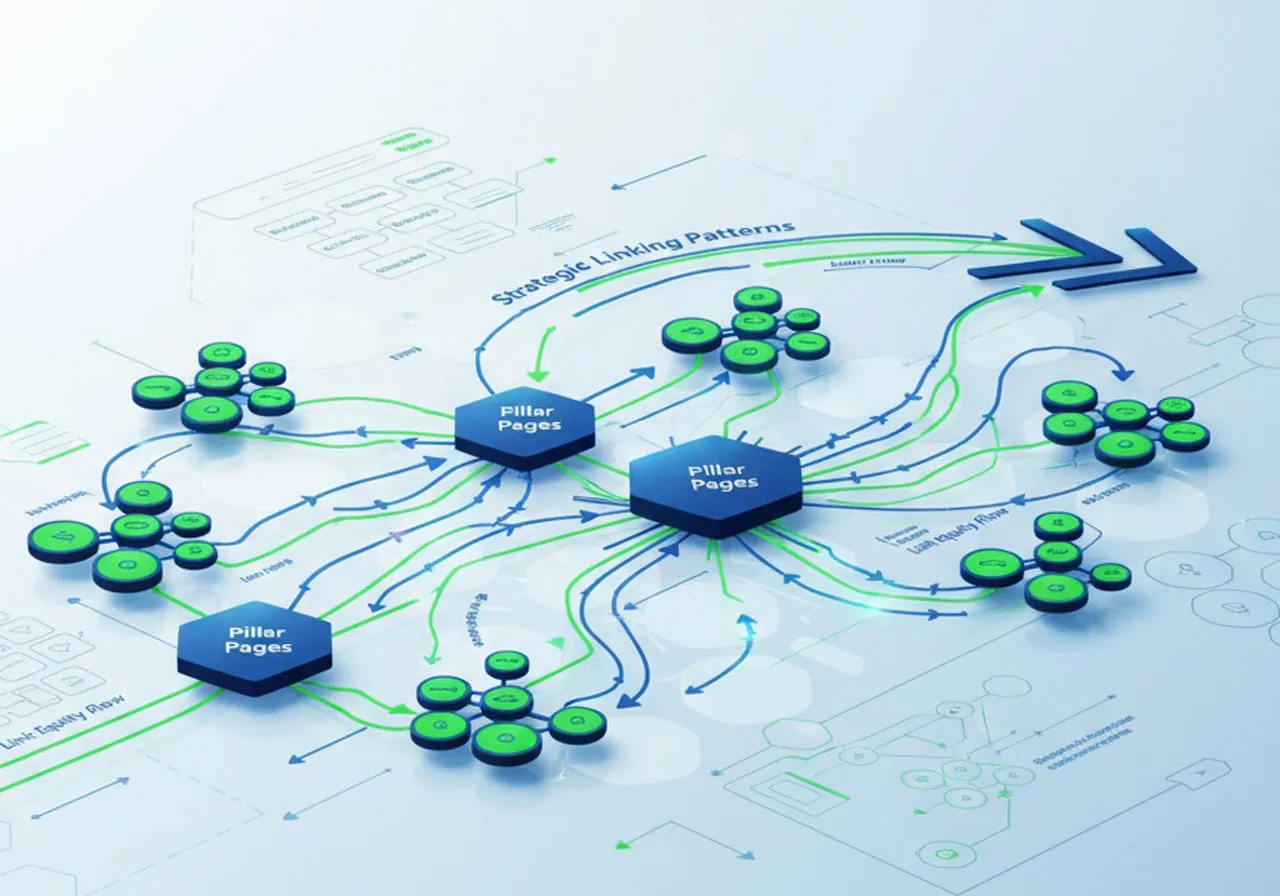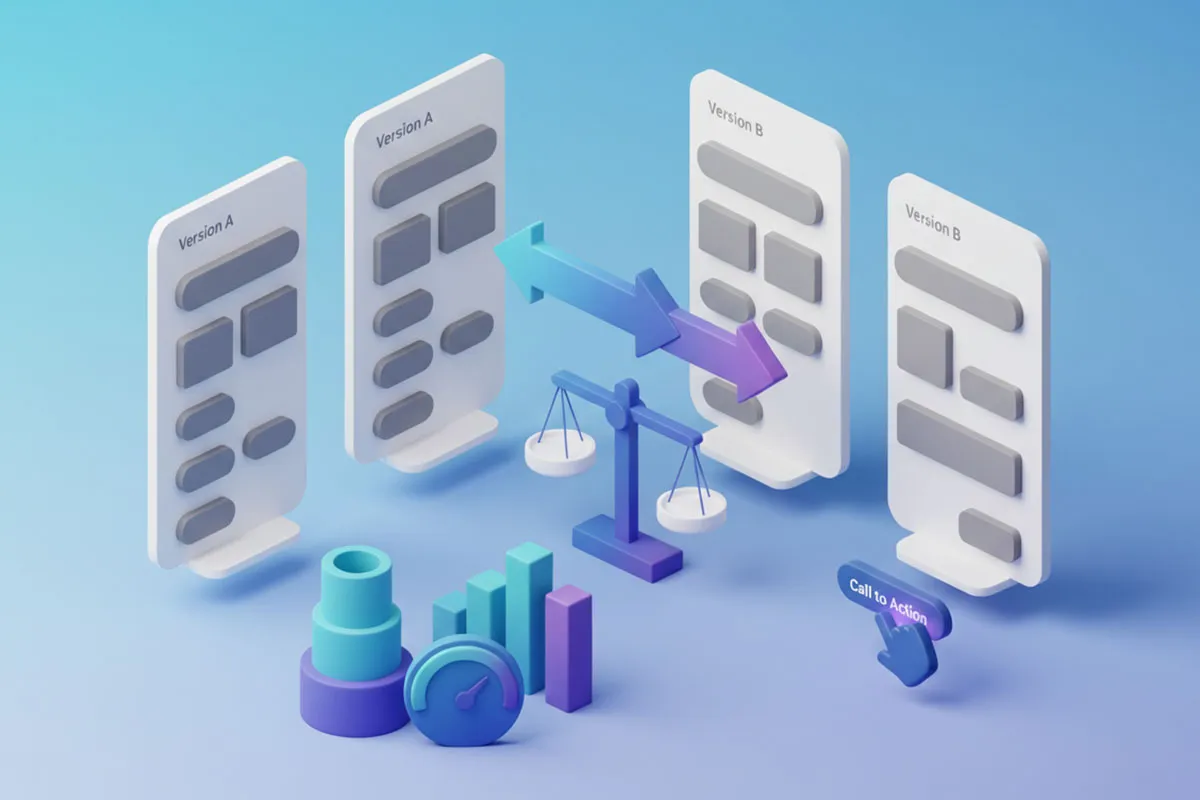Artificial intelligence content strategy has revolutionized how businesses create, optimize, and scale their digital marketing efforts. With AI-powered content creation tools becoming increasingly sophisticated, marketers can now execute comprehensive SEO content strategies that deliver measurable results while reducing time and costs.
This guide reveals proven AI content marketing techniques that help businesses dominate search rankings, engage target audiences, and maximize ROI through intelligent automation and data-driven optimization.
Why AI Content Strategy Matters for Modern Businesses
Traditional content marketing approaches consume extensive resources while delivering inconsistent results. AI-driven content marketing transforms this landscape by enabling businesses to produce high-quality, search-optimized content at unprecedented scale.
Modern consumers expect personalized, relevant content that answers their specific questions. Artificial intelligence SEO tools analyze vast datasets to identify exactly what your audience seeks, enabling precision targeting that traditional methods cannot match.
Key advantages include:
- Automated content research that identifies trending topics and search opportunities
- Personalized content creation based on audience behavior patterns
- SEO optimization tools that ensure every piece ranks for target keywords
- Content performance analytics that reveal what drives conversions
Essential AI Content Tools for Strategic Success
AI Keyword Research and Topic Discovery
Effective keyword research with AI begins with understanding search intent patterns and competitive landscapes. Advanced AI SEO tools analyze millions of search queries to surface high-opportunity keywords your competitors miss.
Modern AI content research platforms combine traditional keyword metrics with predictive analytics, revealing emerging trends before they become saturated. This approach enables businesses to capture search traffic for topics gaining momentum.
Strategic implementation involves:
- Utilizing semantic keyword analysis to capture related search terms
- Implementing long-tail keyword optimization for specific user intents
- Leveraging AI-powered competitive analysis to find content gaps
- Applying search intent mapping for content type planning
Content Brief Creation with AI Assistance
AI content brief generation ensures writers produce comprehensive, search-optimized articles that align with business objectives. These tools analyze top-ranking content to identify essential elements for competitive positioning.
Professional content strategy templates powered by AI include competitor analysis, suggested word counts, readability targets, and semantic keyword clusters. This systematic approach eliminates guesswork while ensuring consistent quality.
Essential brief components:
- Target keyword clusters with search volume data
- Content structure recommendations based on SERP analysis
- Brand voice guidelines for consistent messaging
- Internal linking opportunities for SEO authority building
AI Writing Assistants for Content Production
AI content generation tools have evolved beyond simple text creation to sophisticated writing assistants that maintain brand voice while optimizing for search engines. These platforms analyze your existing content to replicate tone and style consistently.
Modern AI copywriting tools integrate real-time SEO feedback, ensuring every paragraph contributes to search rankings. Advanced features include sentiment analysis, readability optimization, and automated fact-checking.
Production benefits include:
- Faster content creation without sacrificing quality
- Consistent brand messaging across all channels
- Built-in SEO optimization for technical requirements
- Multi-format content adaptation for various platforms
Advanced Content Optimization Strategies
On-Page SEO Enhancement with AI
AI-powered on-page optimization analyzes hundreds of ranking factors to provide specific improvement recommendations. These tools evaluate title tags, meta descriptions, header structures, and content depth against top competitors.
Modern SEO content analysis platforms identify technical issues that impact search performance, from missing schema markup to suboptimal keyword density. Automated recommendations ensure every page element contributes to improved rankings.
Critical optimization areas:
- Title tag optimization for maximum click-through rates
- Meta description enhancement for compelling search snippets
- Header tag structure that supports topical authority
- Internal linking strategy for improved page authority
Content Clustering and Topic Authority
AI topic clustering identifies relationships between keywords and content themes, enabling comprehensive coverage of subject areas. This approach builds topical SEO authority by demonstrating expertise across related topics.
Strategic content pillar creation involves developing comprehensive resources that link to supporting content pieces. AI tools analyze competitor content clusters to identify gaps and opportunities for differentiation.
Implementation strategies:
- Pillar page development for broad topic coverage
- Supporting content creation for specific subtopics
- Strategic internal linking between related articles
- Content gap analysis for competitive advantages
Content Repurposing and Distribution
Multi-Channel Content Adaptation
AI content repurposing tools transform single pieces into multiple formats optimized for different channels and audiences. This approach maximizes content ROI while maintaining consistent messaging across touchpoints.
Modern content distribution strategies leverage AI to determine optimal posting times, preferred formats, and engagement patterns for each platform. Automated adaptation ensures content resonates with platform-specific audiences.
Repurposing opportunities:
- Blog post to social media conversion for increased reach
- Video content transcription for SEO-optimized articles
- Podcast episode summaries for newsletter content
- Infographic data extraction for detailed guides
Brand Voice Consistency Across Channels
AI brand voice analysis ensures all content maintains consistent tone and messaging regardless of format or platform. These tools analyze existing content to create detailed voice profiles that guide future creation.
Consistent brand messaging builds trust and recognition while supporting SEO efforts through coherent topical authority. AI tools monitor content across channels to identify inconsistencies and suggest corrections.
Voice development includes:
- Tone analysis of existing high-performing content
- Style guide creation for team consistency
- Message alignment across all content types
- Voice evolution tracking as brands grow and change
Measuring Content Performance and ROI
AI Analytics for Content Success
Content performance measurement requires tracking multiple metrics across various timeframes to understand true impact. AI analytics platforms correlate content performance with business outcomes, revealing which topics and formats drive results.
Advanced SEO performance tracking monitors keyword rankings, organic traffic growth, and conversion attribution to specific content pieces. This data-driven approach enables continuous optimization and strategic refinement.
Key performance indicators:
- Organic traffic growth from target keywords
- Engagement metrics across content formats
- Conversion attribution to specific content pieces
- Brand awareness metrics from content distribution
Content ROI Optimization
AI-driven ROI analysis calculates the true value of content investments by tracking customer journeys from initial content interaction to final conversion. This comprehensive approach reveals which content types generate the highest returns.
Strategic content budget allocation becomes data-driven when AI tools identify the most profitable content categories and distribution channels. Regular analysis ensures resources focus on highest-impact activities.
Optimization strategies:
- Performance-based content planning for maximum ROI
- Resource allocation to highest-converting content types
- Channel optimization based on engagement data
- Content lifecycle management for sustained performance
Implementation Best Practices for AI Content Strategy
Getting Started with AI Content Creation
Successful AI content strategy implementation begins with clear objectives and realistic expectations. Start with simple automation tasks before advancing to complex content creation workflows.
Choose AI content tools that integrate with existing workflows and provide transparent reporting on performance improvements. Gradual implementation allows teams to develop expertise while maintaining content quality.
Implementation steps:
- Tool evaluation based on specific business needs
- Team training on AI content best practices
- Workflow integration for seamless adoption
- Performance monitoring for continuous improvement
Content Quality Control and Human Oversight
While AI content generation offers significant advantages, human oversight remains essential for brand alignment and quality assurance. Establish clear review processes that leverage both AI efficiency and human creativity.
Effective content governance includes automated quality checks combined with human editorial review. This hybrid approach ensures content meets both technical requirements and brand standards.
Quality assurance includes:
- Automated fact-checking for accuracy verification
- Brand compliance monitoring across all content
- Performance optimization based on real-time data
- Editorial review processes for final approval
Future of AI in Content Marketing
Artificial intelligence content strategy continues evolving with advances in natural language processing, predictive analytics, and personalization technology. Businesses that adopt AI tools today position themselves for sustained competitive advantages.
Emerging trends include AI-powered personalization at scale, voice search optimization, and visual content generation. Staying current with AI developments ensures content strategies remain effective as search algorithms and user behaviors evolve.
The most successful AI content strategies combine technological capabilities with human insight, creating content that ranks well in search engines while genuinely serving audience needs. This balanced approach drives sustainable growth through authentic engagement and measurable results.
Ready to transform your content strategy with AI? Start by implementing one or two AI content tools in your current workflow, then gradually expand as you see results. The key is beginning the journey toward more efficient, effective content marketing that drives real business outcomes.

















